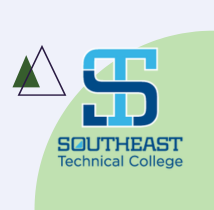




As higher education institutions enroll more diverse students and explore alternative teaching methods to meet their needs, personalized approaches to student retention, engagement, and success are vital. With student success coaching, students can enjoy a customized advising experience enriched with guidance throughout their academic careers. In particular, technology-enabled success coaching has a favorable impact on student retention and can foster better student satisfaction and engagement.
This guide explores the value of scalable success coaching frameworks that provide students with targeted individual attention.
Success coaching is a form of personalized student advising adapted to the needs and objectives of students. The premise is to support and guide students, both academically and in nonacademic spheres. This holistic, vigilant advisory approach supports the student as a human being, taking into account their individual situation.
External elements can cause students to lose focus, fall behind, and become disconnected from their educational journeys. Institutions must address challenges like financial limitations, preparation skills, and time management.
Success coaching equips students with the skills to devise a personalized approach to their studies. Academic success coaches work one-on-one with students and serve as a helpful resource for academic-related challenges, providing goal-setting advice and coping skills for high-stress situations. Common topics covered in academic success coaching sessions include:
A student success coach is a single point of contact, connecting students with resources within the institution and local community, such as financial aid, housing, food, transport, child care, internet access, and other technology. Success coaches supply students with guidance, encouragement, and skills they need for an impactful academic journey.
For example, success coaches can help students improve their focus during study sessions by identifying and removing distractions, guiding motivational visualization exercises, and encouraging them to celebrate wins. When a student sets a goal, like implementing the Pomodoro method during their study sessions, check-ins with their success coach are a valuable source of accountability while they practice their willpower.
Higher education institutions must hire the right student success coaches to impact students and provide them with actionable skills. Traditionally, success coaches fall into two groups:
The best success coaches have experience cultivating meaningful one-on-one connections focused on student needs. They know their way around and can help the student make connections they would overlook on their own.
Academic success coaches and advisors are complementary roles, with student success as their primary objective. Both are critical in successful higher education and student support. Academic advisors are experts in policies, procedures, program requirements, and making the most of campus resources. Coaches have expertise in the coaching process and help students realize their potential and develop academic autonomy.
Since students come to their programs with diverse backgrounds and challenges, the success coach’s skill set is vital for meeting student needs. While academic advisors can explain program requirements, success coaches can help students overcome personal obstacles to meeting those requirements, allowing for more personalized academic advising. Success coaches excel at helping students develop the mindset, study methods, and soft skills they need to realize their academic potential.
Success coaches often have experience addressing the needs of potentially at-risk students like:
The student success coaching process involves five stages:
The First in the World (FITW) research study on success coaching and student retention found that students who were assigned a success coach were 4 percent more likely to stay enrolled for two academic years.
The results are even more striking when success coaching has strong faculty buy-in and consistent student-coach pairings until graduation. Success coaching programs with these characteristics have achieved a 9 percent increase in credential completion with faculty buy-in and a 12 percent increase with consistent pairings.
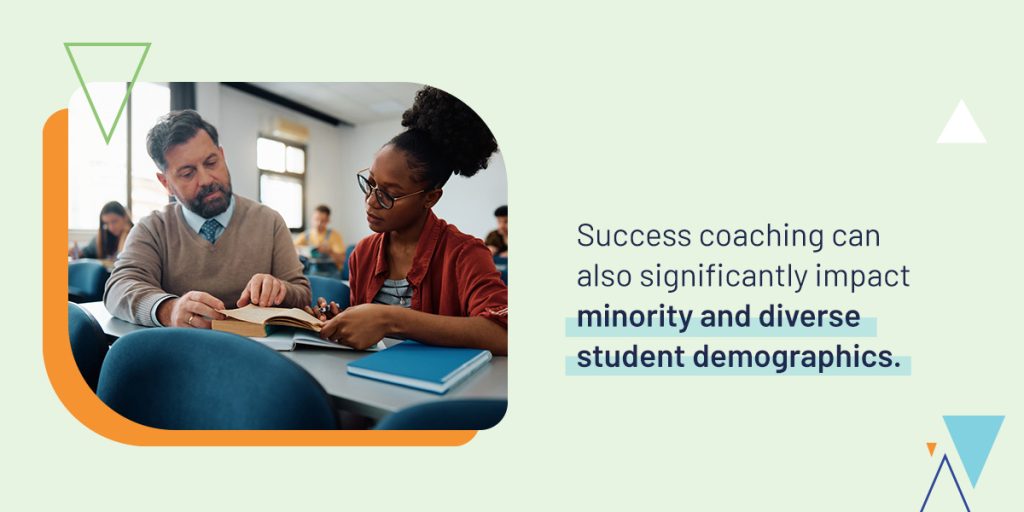
Success coaching can also significantly impact minority and diverse student demographics. Black students with a success coach are 8 percent more likely to remain enrolled for a year and 18 percent more likely to stay registered for two academic years, according to the FITW study. Another study, the Minority Male Success Initiative (MMSI), saw a 22.4 percent increase in retention among minority male community college students when combining success coaching with data-driven student support software.
Other positive impacts of success coaching beyond retention include:
Student success coaching benefits everyone who takes part in the process. Equipping students with information, guidance, and support from a mentor who accompanies them throughout their journey toward degree completion can result in state and national subsidies.
Quantifiable data can enhance the student experience in various ways and provide an additional layer of personalization through avenues such as success coaching. With data-driven insights, academic success coaching programs can:
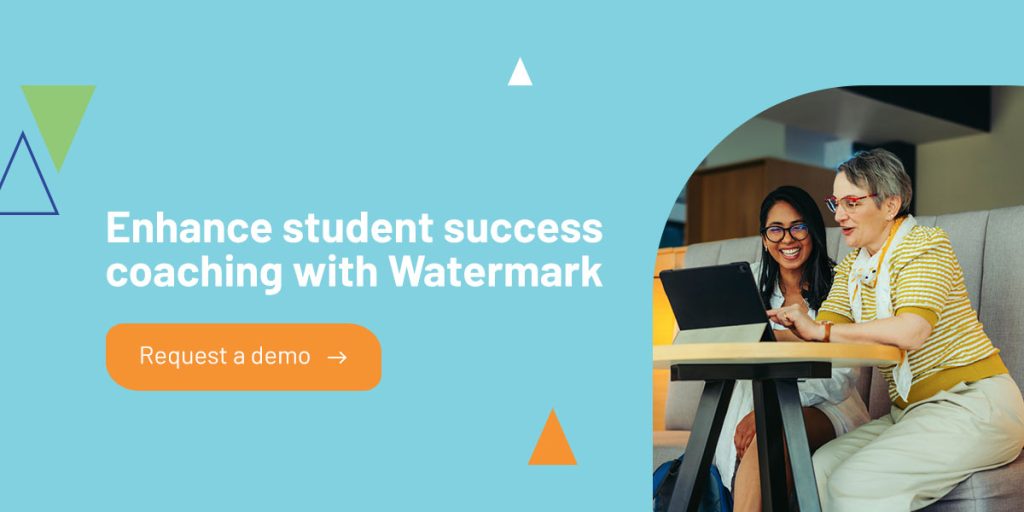
Watermark Student Success & Engagement empowers students to get the most out of their education and simplifies locating support and additional resources. With actionable data, you can identify vulnerable students and adopt a proactive approach to getting them back on track.
Request a demo today and see how Watermark software can enhance your success coaching for a personalized student advising experience.



































































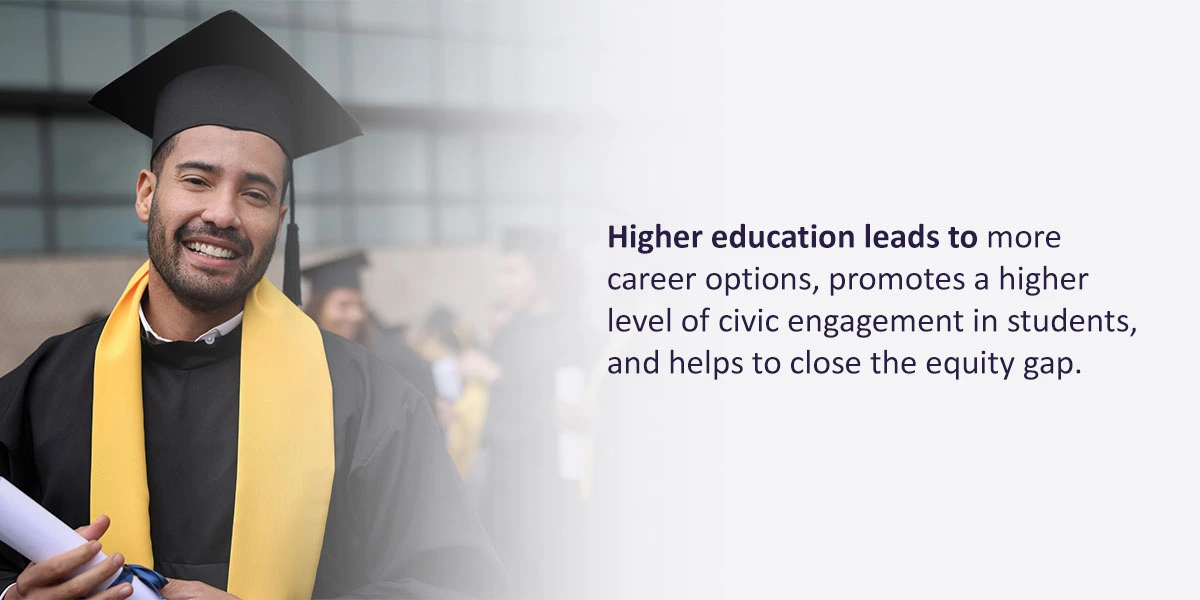












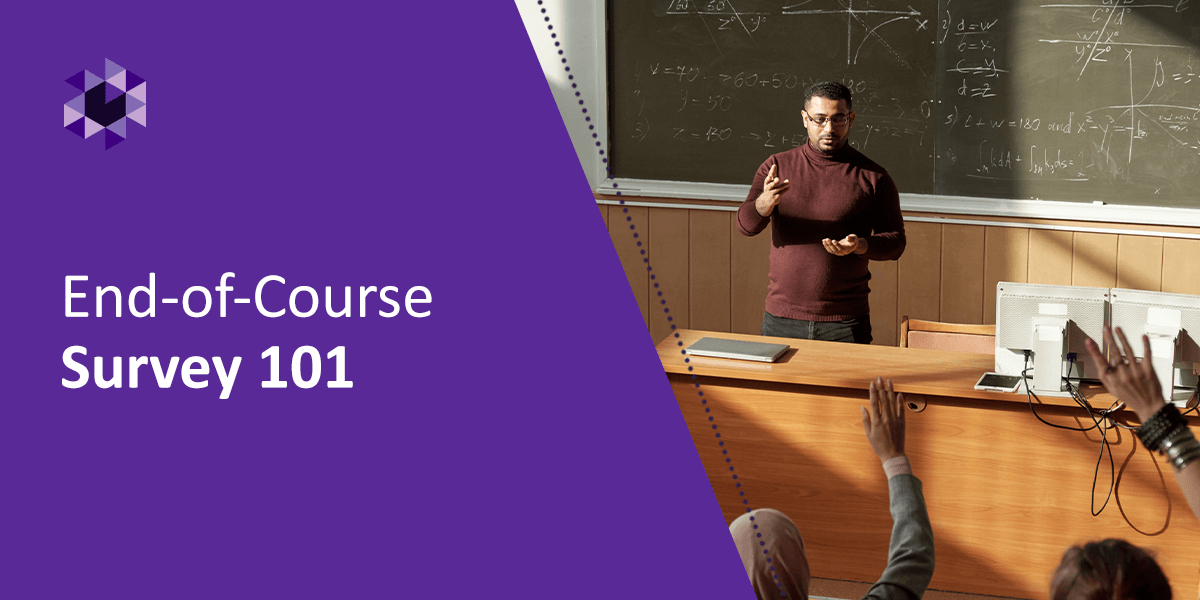






























































































































































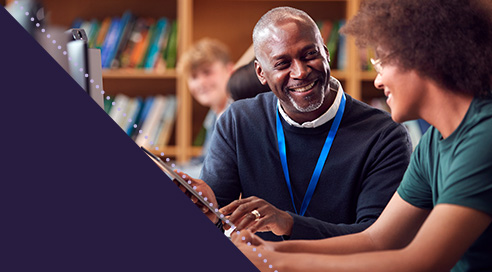














































































































































Submit this form to schedule a meeting with one of our reps to learn more about our solutions. If you need customer support instead, click here.